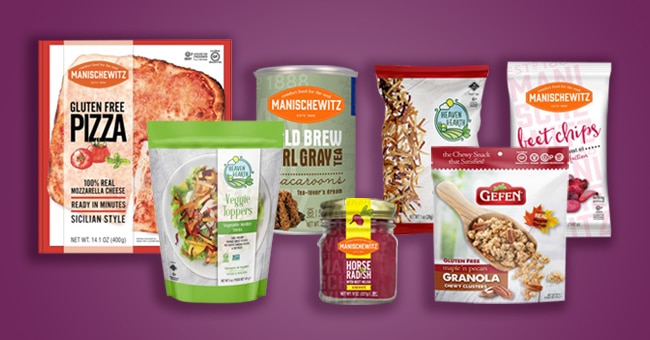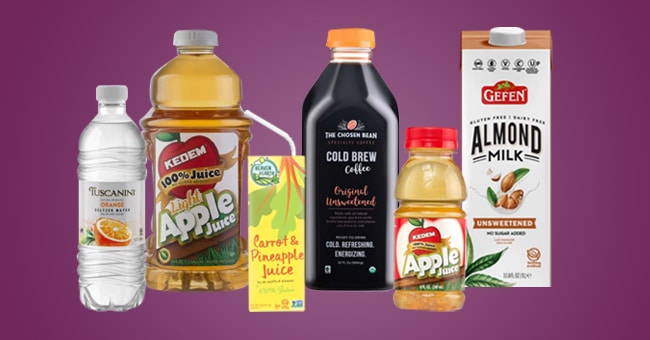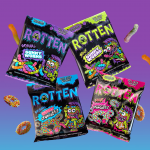Passover Sales Feel Impact of COVID

Although Passover sales as a percentage of revenue have dropped from 70% to 80% to “ less than half” of the company’s revenue, Kayco EVP Harold Weis told NOSH, it’s still a significant annual sales event. With over 5,000 SKUs and 100 brands (the majority of which the company owns) Kayco is the largest Kosher food company in the U.S. The company’s portfolio includes well known kosher food brands such as Kedem, Gefen and Manischewitz.
Kayco was largely fortunate with the timing of the pandemic: the company typically begins planning for Passover a year in advance and has promotion plans and product assortments locked in place by November 2019. In stores, displays usually are put up and products stocked by mid to late February. The company had several launches scheduled for this year’s holiday, including, frozen Passover pizzas, shelf stable almond milks and new snack items.
“I don’t have a crystal ball so I don’t know what Rosh Hashanah will bring or next year, but as of now, our supply chain is intact,” Weiss said. “What’s going on is extremely sad, but as a company, the timing of putting this out and getting displays out and shipping just fell into place for us. We could have been in the position where we had major problems as a company.”
Part of the reason Kayco has been able to respond quickly, Weis added, is because it is diversified, with an importing business, distribution arm, on-the-ground sales team in major cities such as New York, production facilities (for some products) and warehousing.
What the company couldn’t plan for were the changes in consumer shopping habits. For example, gift items, Weis estimates, will move slower this year. Moreso, as fewer people attend group Seders (the traditional meals held the first two nights of the holiday) more shoppers will need to purchase their own provisions.
As stores ran out of conventional offerings of juice and crackers, Weis said, some shoppers have turned to the kosher and passover displays, albeit for secular reasons. For example, some retailers are reporting runs on Manischewitz noodles (though they are not kosher for Passover) simply because other pasta items were out of stock. And though some shoppers may be cutting back on spending in some areas, demand for basic items such as grape juice, matzah and matzah meal has been consistent.
Tracking and estimating sales has also been difficult, Weis said, with some stores reporting increased sales of Kayco items, while others have seen a decrease. Larger retail chains have moved products between locations to try to keep out of stocks minimized, he added.
“The customer is still celebrating Passover, but it might be [with] a more narrow range of products,” Weis said. “This has wreaked havoc with how people shop. There’s no predictability to it.”
Kayco has also tried to embrace online shopping, launching its own Amazon storefront under the KOL name. However, searching last week, products were already reporting longer ship times, arriving after the end of Passover.
“Our online sales have nearly quadrupled as consumers have taken to the convenience of shopping from home,” a Kayco spokesperson told NOSH. “They’ve come to realize that Amazon is a one [stop] shop for all.”

















